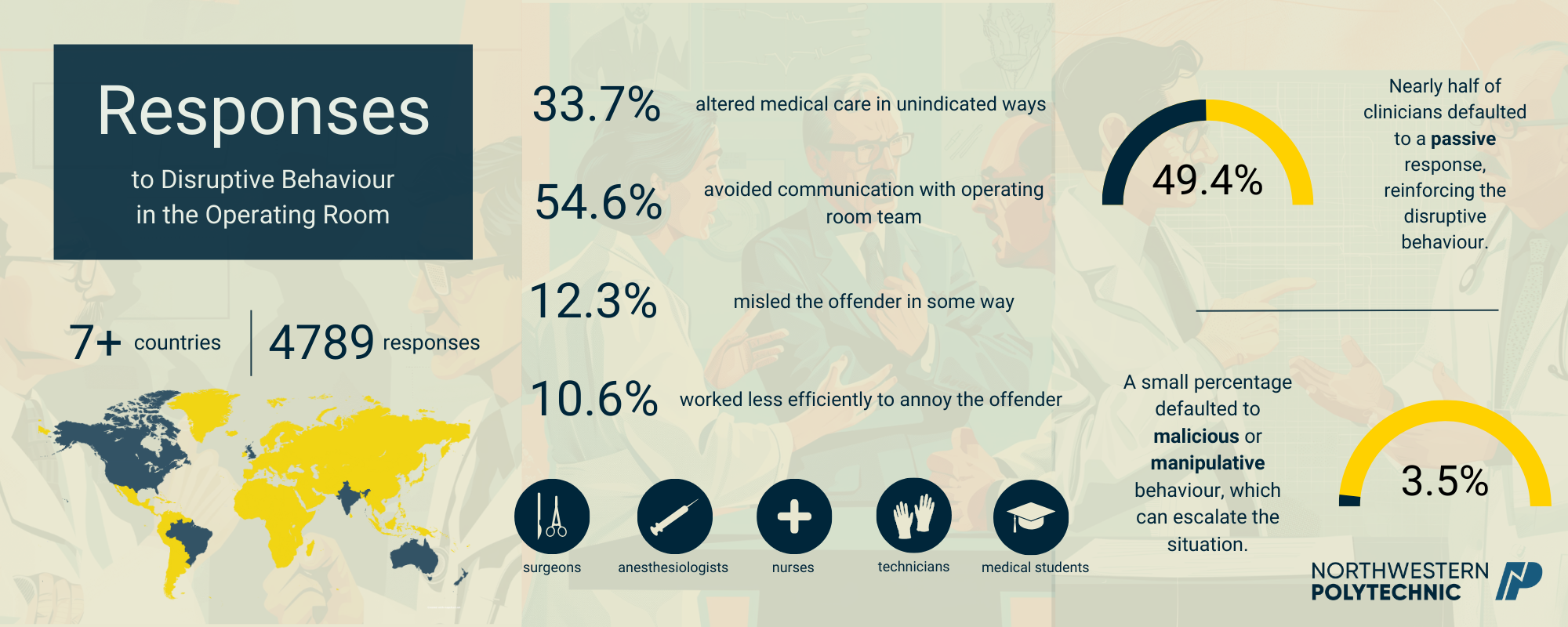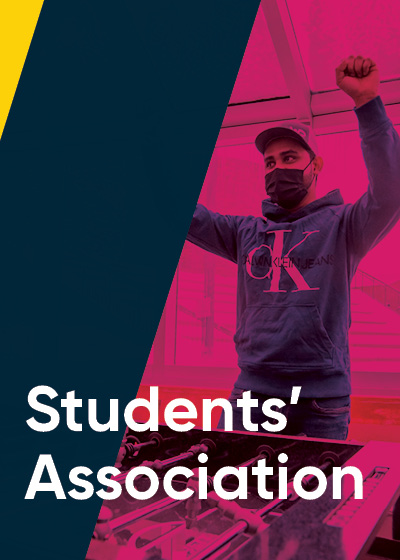News Archives: NWP Faculty Publish New Article, Launch International Collaboration
Monday, January 8th, 2024
.jpg&w=380)
Dr. Alexander Villafranca
Northwestern Polytechnic’s Office of Applied Research and Innovation is extending congratulations to faculty members Dr. Alexander Villafranca and Michelle Turick (RN, MN) for their recent new peer-reviewed publication titled. “Clinician responses to disruptive intraoperative behaviour: patterns and norms identified from a multinational survey”. The article was published in the Canadian Journal of Anesthesia in January 2024.
“Disruptive behaviour includes actions that range from rudeness to violence,” says lead author Dr. Villafranca, who is an Instructor in Northwestern Polytechnic’s (NWP) School of Health. “We worry about these behaviours because they undermine the well-being of healthcare providers, make hospitals run less effectively, and can ultimately decrease the quality of care provided to patients.” The current paper builds on Dr. Villafranca’s previous studies, which found that 97% of surveyed clinicians reported experiencing disruptive behaviour in the previous year, with hundreds of clinicians seeing instances of violence, intimidation attempts, or verbal threats, and with the behaviour being substantially underreported to management.

Infographic credit: Naomi Wilms
In the most recent article, Dr. Villafranca and colleagues assessed how more than 5000 operating room clinicians across seven countries respond to disruptive behaviour. “The responses of people who experience or see these behaviours matters, because these responses can either make the situation better or worse”, Dr. Villafranca emphasizes.
The latest paper finds that just over one-third of clinicians “altered medical care in ways that were unindicated,” and over half “avoided communication with team members.” Fewer clinicians reported responding in ways that were more manipulative and malicious, with 12% misleading the offender and 17% trying to turn others against the offender. A physical force response was noted in 1% of clinicians. In addition, most clinicians default to acting passively when faced with disruptive behaviour, which Dr. Villafranca emphasizes can normalize the behaviour and make disruptive clinicians more likely to act badly in the future.
With seed funding from the Office of Applied Research and Innovation, Dr. Villafranca has now assembled a team of researchers to launch a new international survey study on the topic, with the goal of identifying how the work environment and the personalities of medical staff affect their reactions to disruptive behaviour. “Our ultimate aim is to shape the culture of institutions, so that operating rooms become healthier and safer places to work and to receive medical care”, says Dr. Villafranca. Team members include NWP instructors Alison Forrest (RN, MN) and Sherry Willett (RN, MScN), as well as collaborators from top medical schools: nurse anesthetist Dr. Bernadette Henrichs from Washington University in St. Louis; anesthesiologist Dr. Amy Young from the University of Michigan; and anesthesiologist and long-time collaborator Dr. Eric Jacobsohn, who was recently appointed as special advisor to Manitoba’s Minister of Health.
The team sees the value of mentoring students, and several NWP students will contribute to the research program. They will see the research process firsthand, from research design to obtaining Research Ethics Board approval and disseminating results. This is meaningful because it offers students “the opportunity to contribute to a very applied topic with immense policy implications,” says Dr. Villafranca.
Despite the concerning nature of the findings, Dr. Villafranca has words of reassurance for future patients: “You should not despair. The number of clinicians that act this way is quite small, and most operations don’t involve clinician behaviours that interfere with care. We just want to get rid of these risky behaviours altogether to keep patients even safer.”
If you would like to get in touch with Dr. Villafranca to discuss these research findings, you can contact: avillafranca@nwpolytech.ca.












